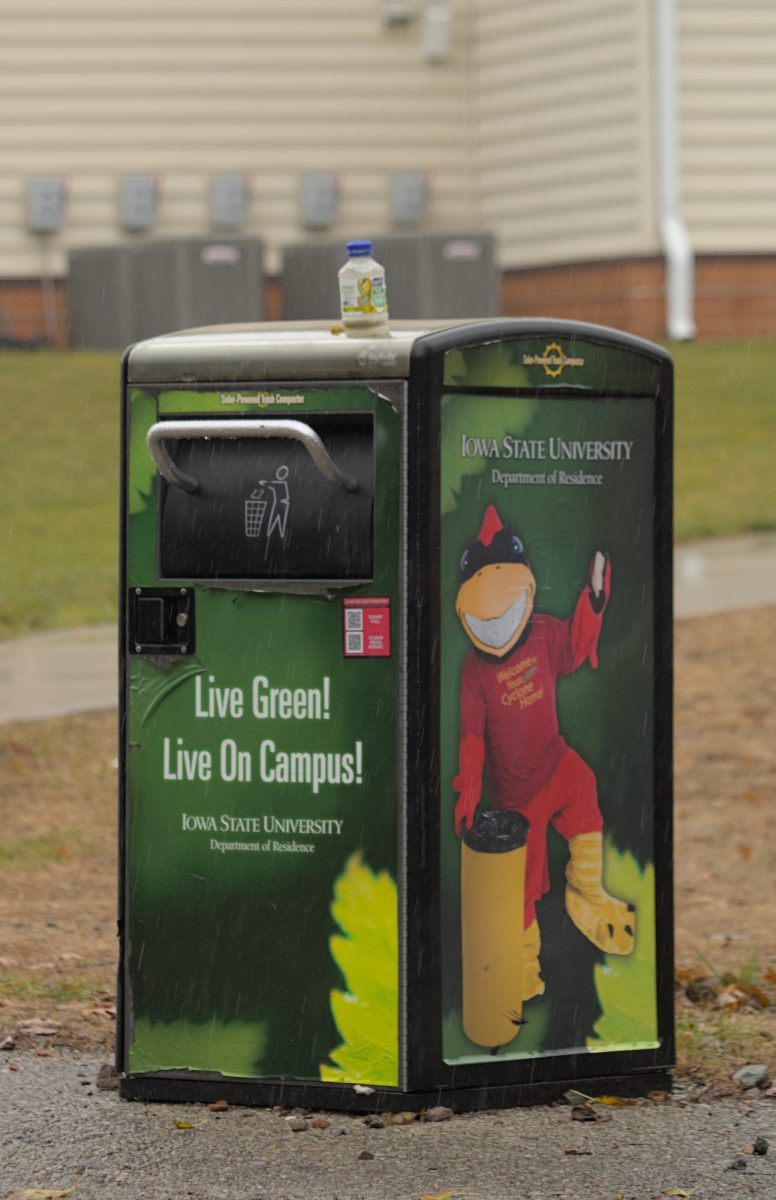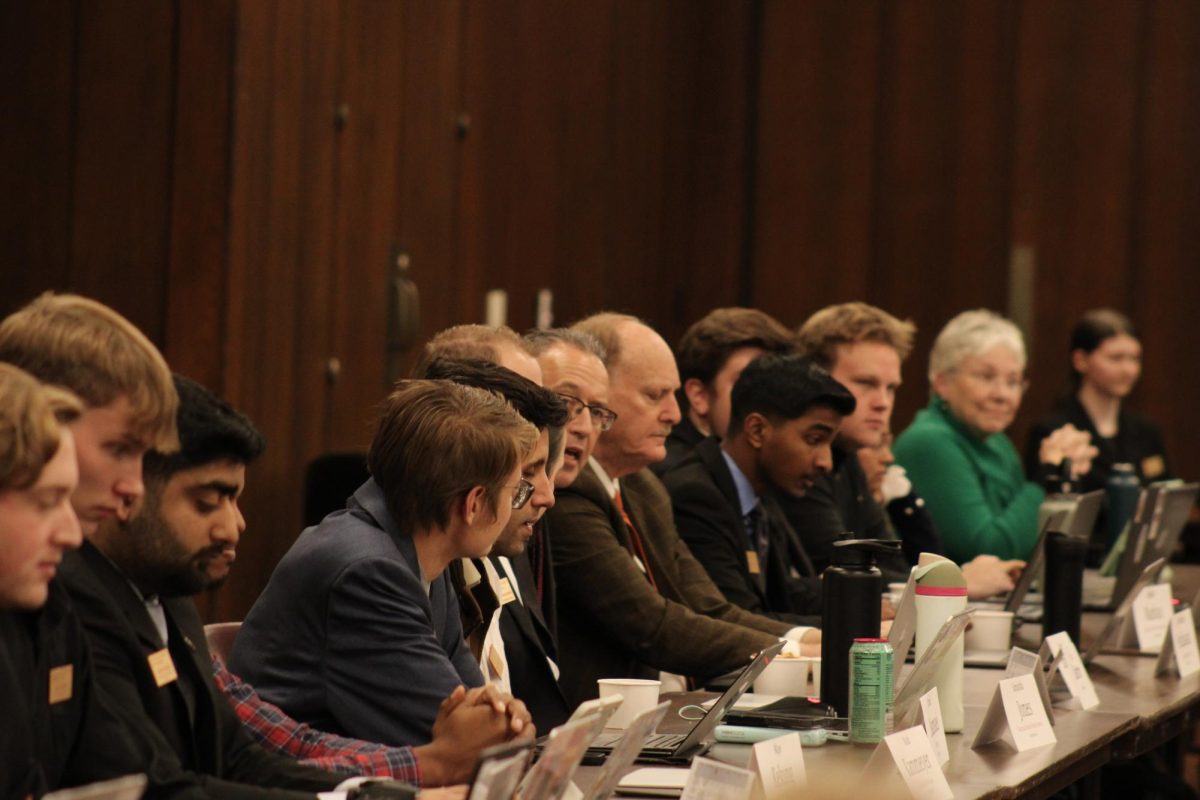COLUMN:Medical savings accounts a smart alternative to Medicare
January 14, 2002
And so, it’s that time of year again, when lobbyists swarm upon the Capitol to the tune of “The World Owes Me a Living” akin to locusts of a biblical plague. This year, it’s a prescription drug benefit for Medicare.
Paraded out to testify before various Senate subcommittees are returning celebrities from the 2000 presidential election such as the infamous “Winnebago Lady,” a Gore plant whose dire monthly prescription costs reduced her to collecting cans and living out of her camper home (how she afforded the gas money to move that behemoth across the country is another mystery).
Never mind the fact that Medicare as it stands is fiscally insolvent – in fact it’s nearly broke. Seniors are living longer and partaking in treatments never dreamed of in the time of its inception during Johnson’s Great Society program, all while relying on the wages of an ever-aging Baby Boomer generation that will soon come eligible for Medicare benefits and create a top-heavy system teetering on collapse.
In essence, it’s a pyramid scheme never designed to anticipate the consequences of an aging population whose life expectancies are continually growing.
If this sounds like d‚j… vu, don’t be surprised – Medicare is based on the same unsound logic that gave us the Social Security fiasco we now have.
Even assuming Medicare’s solvency was not an issue, a prescription drug benefit is not a sound way to solve the larger issue of health care in America – the prohibitive cost of access to life-saving treatments, in this case, prescription medicines. What is truly needed is not another entitlement to an already broken system but long-term solutions to America’s health care woes.
Shoddy pyramid schemes paired with European Union-style price controls simply won’t provide such. Price controls stifle innovations, cutting the amount and frequency of innovative and life-saving medicines which can be developed. Adding another entitlement to Medicare or emulating the EU’s one-buyer systems in order to provide cheaper drugs to Medicare recipients simply shifts costs to those not on Medicare, raising premiums and pushing health insurance farther out of the reach of ordinary Americans.
However, one idea that was originally proposed as an alternative to the HillaryCare proposals of the early `90s has been resurrected by President Bush in place of an increasing reliance on the government to provide health care – the medical savings account (MSA).
The basic idea of an MSA is that an employee is free to contribute pre-tax income to an account much like an IRA. The account could then be drawn upon to pay for qualified medical expenses, such as doctor’s visits, prescriptions, and outpatient care that would normally be handled by traditional insurance. The employer then provides a cash equivalent of health insurance to be deposited in such an account and the employee is free to purchase a relatively inexpensive catastrophe policy in the event of major medical emergencies. Any surplus funds at the end of the year are rolled over, establishing equity.
Most importantly however, like a 401(k) plan, a worker does not lose the equity they’ve built up in their MSA when they no longer have their job. This proves invaluable especially in uncertain times.
MSAs provide a safety net workers can fall back on in these uncertain times that traditional care and HMOs simply cannot. Some have accused this plan of being regressive, favoring those with the means to save over the poor. Yet how is our current system more fair to the disadvantaged?
Those in low-skill jobs rarely receive coverage, and if they are fortunate enough to do so may find it quickly wiped out at the first economic downturn. Unlike our current system of health care, MSAs allow even the most economically disadvantaged a means of escaping this dire fate by providing a fiscally austere means of providing for contingency. In the meantime however, our broken system of Medicare should be phased out and privatized, first by providing our elderly today with a way out of the second-rate care they receive.
Instead of forcing seniors of little means who have come to depend upon Medicare for medical treatment, cash vouchers redeemable for private insurance premiums should be made available to current recipients, while introducing an opt-out to today’s workers and covering shortfalls through general revenues. Eventually Medicare should be completely phased out in favor of medical savings accounts, which when properly managed, can provide for a worker’s health needs well into retirement while a low-cost catastrophe policy can ensure against even the worst life has to offer.
Who knows better about making the best decisions for their health other than the individual? Medical savings accounts provide a sound means of empowering them to do so.
Steve Skutnik is a senior in physics from Palm Harbor, Fl.






